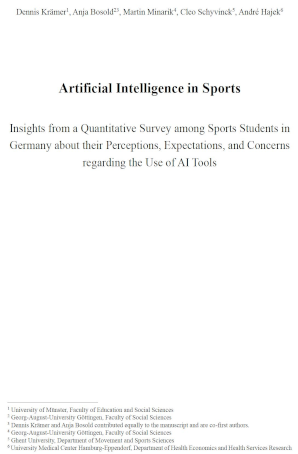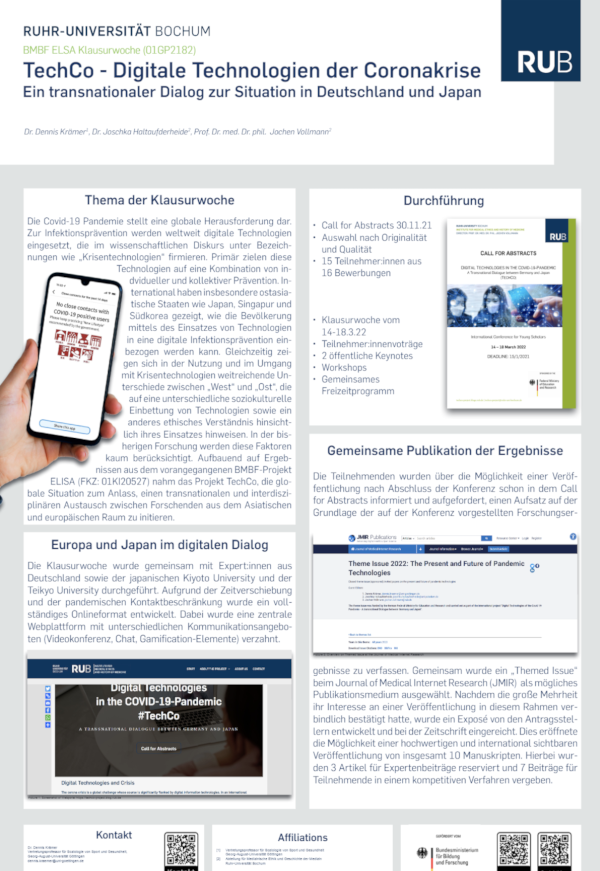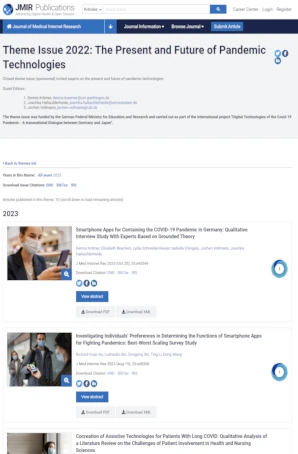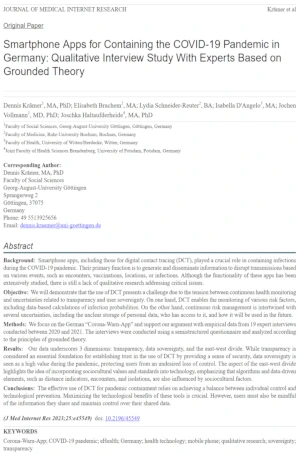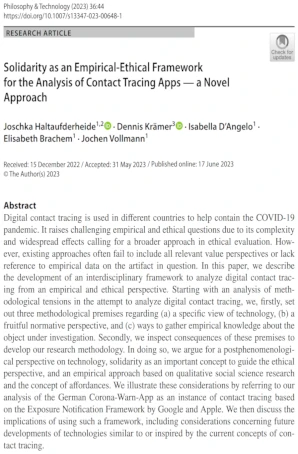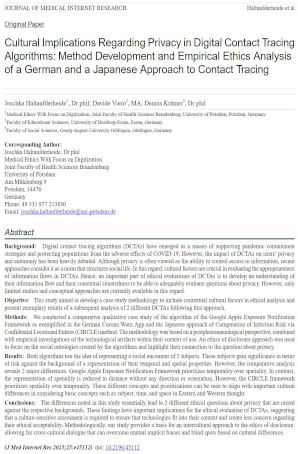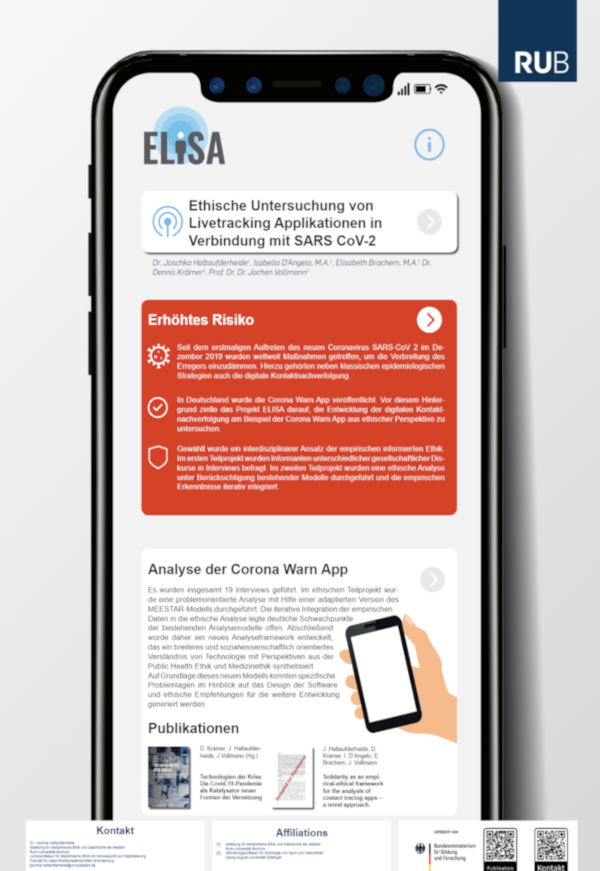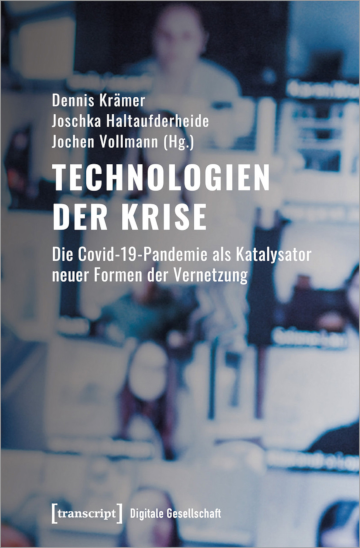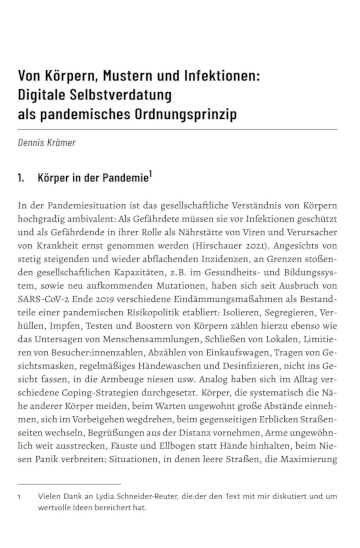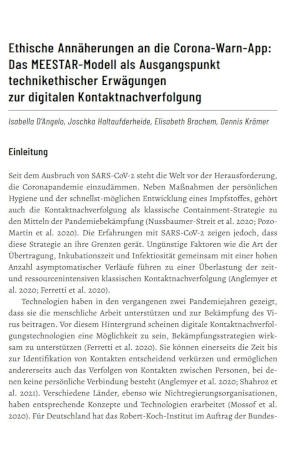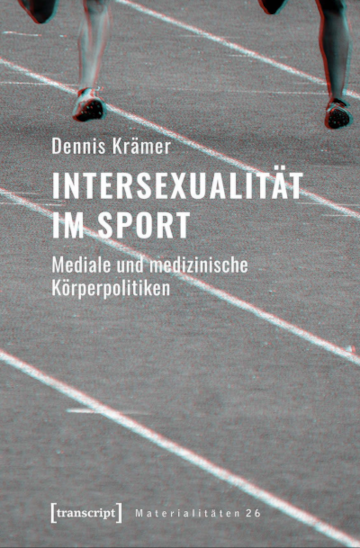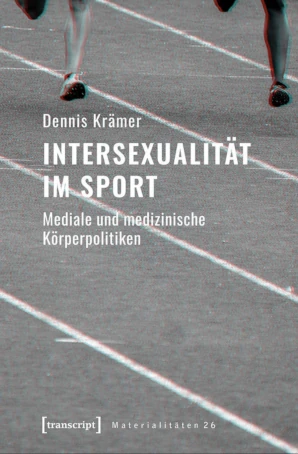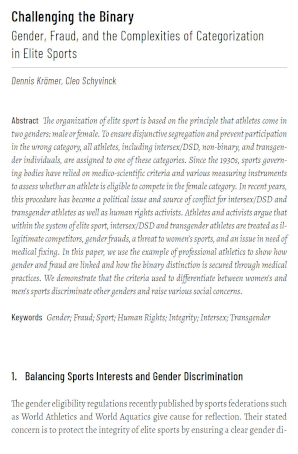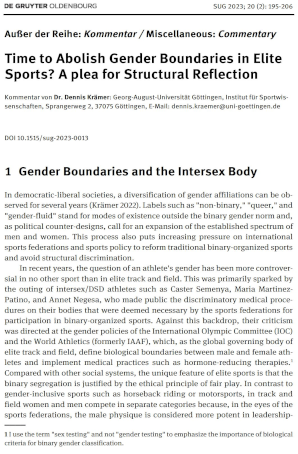Projects
Artificial Intelligence in Sports

Generative Artificial Intelligence (AI) tools such as ChatGPT, Copilot, or Gemini have a crucial impact on academic research and teaching. However, empirical data on how students perceive the increasing influence of AI, which different types of tools they use, what they expect from them in their daily academic tasks, and their concerns regarding to the use of AI in their studies are still limited. The project “Artificial Intelligence in Sports” (AIS) aims to address this empirical gap through a quantitative study.
Goal is to explore aspects such as students’ usage behavior, motivational factors, and inquiries about uncertainties regarding the potential impact of AI tools on academia in the future. Furthermore, the social climate in sports studies is being investigated to provide a general overview of the current situation of the students in Germany.
Data collection took place between August and November 2023, addressing all sports institutes at German universities, with a total of 262 students participating. Our empirical findings indicate students’ strong interest in using AI tools in their studies, expecting these tools to enhance their overall academic performance and save time. They express confidence that the proliferation of AI tools in academia will not compromise their critical thinking and endorse the integration of more AI-related topics into their curriculum as well as the introduction of teaching methods focusing on AI by their lecturers. However, our findings also show that students have concerns about their own skills, future skill development, plagiarism and lecturer preparedness.
In light of our empirical findings, we propose that universities address this ambivalent situation by educating students on how to generate reliable information with AI and avoid misinformation. It is imperative that students possess both practical and critical knowledge of the use and impact of a new technology that is rapidly spreading in academia. This will enable them to better understand the impacts and also the limitations of a technology that is only created through its practical use.
Project Duration: Since 06/2023
Role: Principal Investigator (PI)
Funding: Private project
Project Team: Dr. Dennis Krämer (Münster), Anja Bosold (Göttingen), Prof. Dr. André Hajek (Hamburg), Dr. Cleo Schyvinck (Gent), Dr. Martin Minarik (Göttingen)
Artificial Intelligence in Sports: Insights from a Quantitative Survey among Sports Students in Germany about their Perceptions, Expectations, and Concerns regarding the Use of AI Tools
Poster Presentation: AIS Selected Findings
Technologies of the Covid-19 Pandemic – A Transnational Dialogue between Germany and Japan
The Corona crisis was, and still is, a global challenge largely accompanied by digital technologies. These so-called „crisis-technologies“ encompass three primary categories: information, communication, and containment platforms. Internationally, highly digitized states in East Asia have demonstrated how the population can actively engage in a digital pandemic response. However, the utilization and management of crisis-technologies also unveil significant disparities between the ‚West‘ and ‚East‘, highlighting distinct socio-cultural foundations and ethical meanings. Current studies on the acceptance and rejection of tools for digital pandemic response indicate varying preferences in different countries. Nevertheless, there has been limited consideration thus far regarding the extent to which the use and handling of digital technologies in crises are influenced by diverse socio-cultural understandings. The objective is to foster a culturally sensitive dialog among participants, thereby bringing to light socially and ethically informed perspectives rooted in existing cultural differences. This approach illuminates such differences by employing a German– Japanese comparison and exploring highly relevant examples of digital technologies during a crisis.
Project-Duration: 11/2021-12/2022 (currently in publication process)
Role: Principal Investigator (PI)
Funding: German Federal Ministry of Education and Research (BMBF)
Grant No.: 01GP2182
Project Website: https://techco-project.blogs.ruhr-uni-bochum.de
Project Team / Cooperations: Dr. Dennis Krämer (Münster), Dr. Joschka Haltaufderheide (Potsdam), Prof. Dr. Dr. Jochen Vollmann (Bochum), Davide Viero, M.A. (Duisburg-Essen), Prof. Dr. Katja Schmidtpott (Bochum), Dr. Markus Bohlmann (Münster), Prof. Satoshi Kodama (Kyoto), Prof. Keita Matsushita (Osaka), Prof. Dr. Susanne Brucksch (Tokyo)
The Present and Future of Pandemic Technologies
Smartphone Apps for Containing the COVID-19 Pandemic in Germany
Solidarity as an Empirial-Ethical Framework
Cultural Implications Regarding Privacy in Digital Algorithms
Pandemische Selbstüberwachung: Zwischen sozialer Singularisierung und technisierter Sozialität
The Ethics of Livetracking-Applications in Connection with SARS-COV-2
Given the various measures that were internationally implemented to contain SARS-CoV-2, the ELISA project investigated how live tracking applications, such as Contact-Tracing-Apps, were evaluated at a descriptive level and under what conditions they were morally justified at a normative level. “Anti-corona apps,” based on “contact and proximity tracing,” primarily focus on determining the location of users and monitoring various vital indicators. Algorithms were then employed to identify symptoms that may be relevant in the case of a coronavirus infection. While some view individualized monitoring as the ideal approach to containing the pandemic, other groups recognize various risks. Against this backdrop, the project conducts an empirically informed and ethically sound balance of interests. With the goal of politically mandated deceleration of the spread of SARS-CoV-2 to alleviate the healthcare system, the project will, as a first step, reconstruct a heterogeneous atmospheric picture. As part of a qualitative study, it will explore two discursive fields: (a) the “discourse of medical/health professionals,” including medical associations, hospital personnel, and professional associations, and (b) the “discourse of critical experts,” encompassing scientists, IT specialists, and activists.
Project-Duration: 10/2020-12/2021
Role: Principal Investigator
Funding: German Federal Ministry of Education and Research (BMBF)
Grant No.: 01KI20527
Project Website: https://elisa-projekt.blogs.ruhr-uni-bochum.de
Project Team / Cooperations: Dr. Dennis Krämer (Münster), Dr. Joschka Haltaufderheide (Potsdam), Prof. Dr. Dr. Jochen Vollmann (Bochum), Prof. Dr. Stefan Huster (Bochum)
Technologien der Krise – Die Covid-19 Pandemie als Katalysator neuer Formen der Vernetzung
Von Körpern, Muster und Infektionen: Digitale Selbstverdatung als pandemisches Ordnungsprinzip
Ethische Annäherungen an die Corona-Warn-App – Das MEESTAR-Modell als Ausgangspunkt technikethischer Erwägungen
Intersex in Sports – A Discourse Analysis on the Media Coverage and Medical Treatment of Intersex Athletes in Modern Sports
The monographic doctoral thesis, written in German, is grounded in a discourse analysis conducted at the University of Hamburg between 2015 and 2019. This study explores the evolution of the media and medical discourse surrounding intersex athletes in elite athletics from the 20th to the 21st-century. This study delves into the negotiation of key aspects of competitive sports, such as binary classification, medical treatment and normalization of intersex bodies, and questions of justice, examining their correlation with the prevailing social context during different periods. The empirical foundation of the research is built upon the treatment of three intersex athletes who symbolize distinct eras: Dora Ratjen (third reich), Ewa Klobukowska (cold war), and Caster Semenya (postmodern sports). The thesis was honored with the Young Researcher Award by the German Sociological Association (Sociology of the Body and Sports) and secured the third position in the German Olympic Sports Confederation’s science prize.
Project-Duration: 2015-2019
Role: PhD Student / PhD Project
Supervisors: Prof. Dr. Gabriele Klein (Hamburg University), Prof. Dr. Arne Dekker (University Medical Center Hamburg)
Intersexualität im Sport. Mediale und medizinische Körperpolitiken
Challenging the Bainry: Gender, Fraud, and the Complexities of Categorization in Elite Sports
Time to Abolish Gender Boundaries in Elite Sports? A Plea for Structural Reflection
Herausforderungen der Vielfaltsgesellschaft – Umgang mit Geschlechterdiversität in Sport und Medizin
Ein aufgezwungenes Geschlecht
Intersexualität im Sport: “Sportverbände können intersexuelle Personen nicht länger ausschließen”
Sambia-Star Barbra Banda: Die Debatte um (zu) hohe Testosteronwerte im Sport

